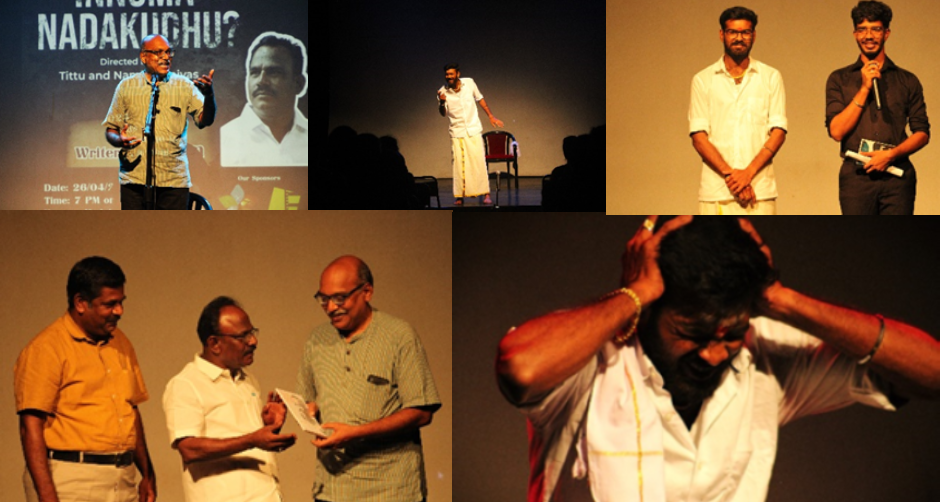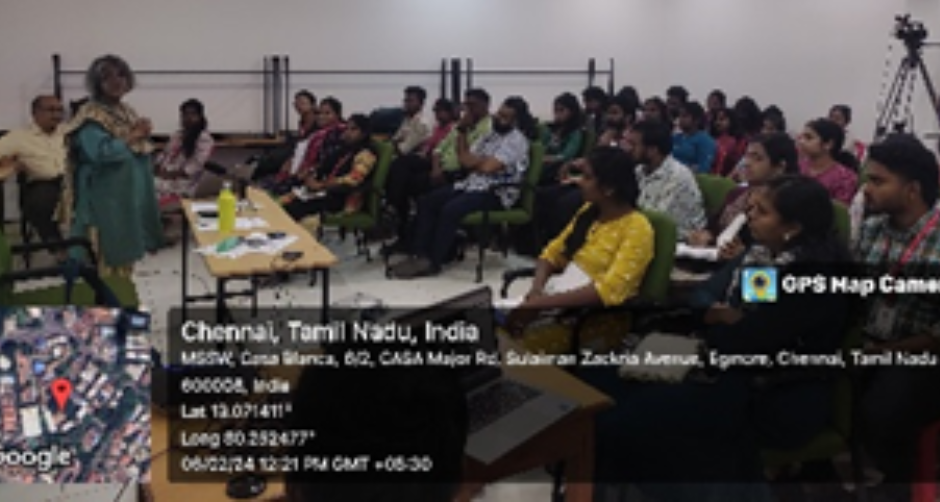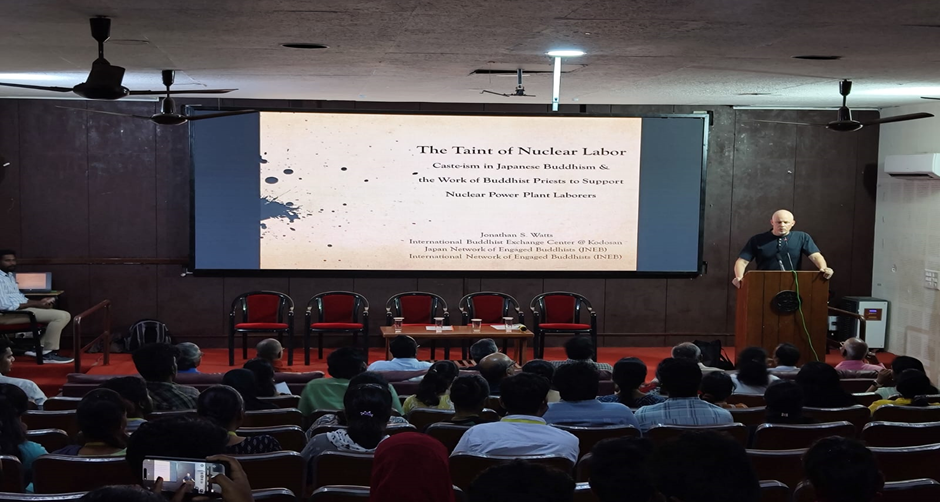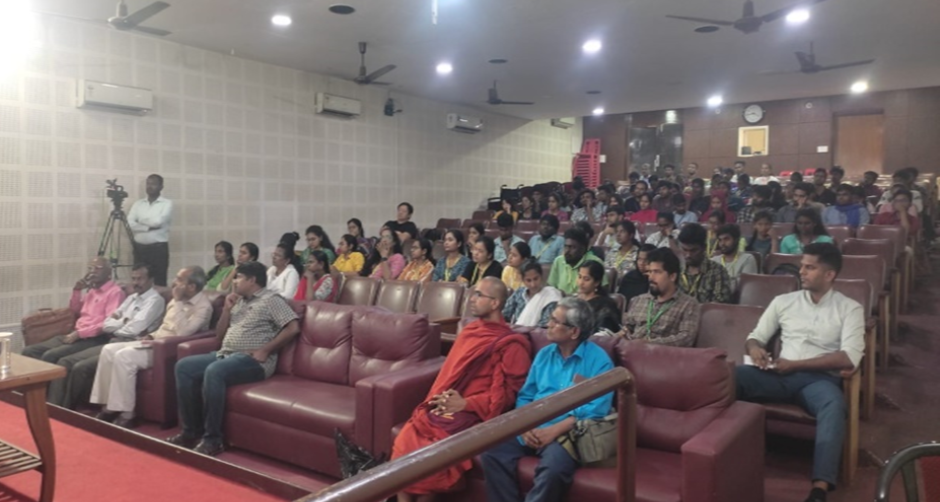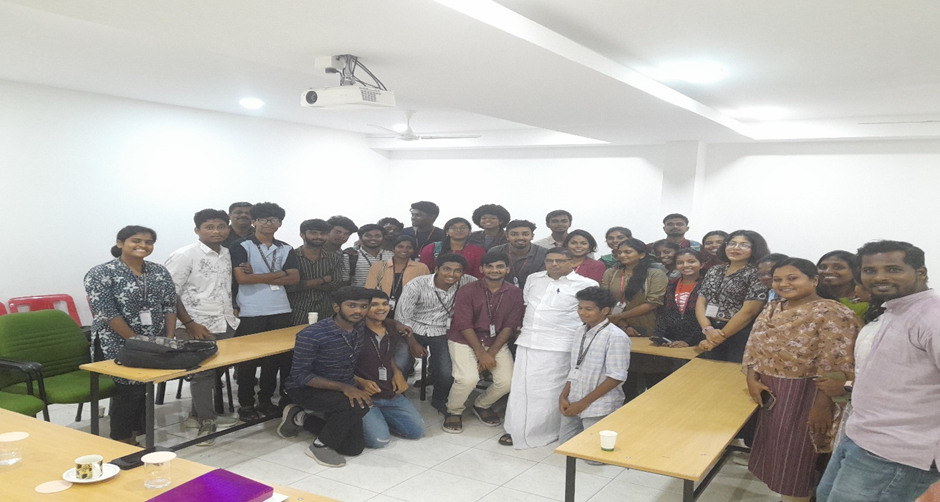
In 2024, he completed his Ph.D. at the Madras Institute of Development Studies as a UGC-SRF scholar. His doctoral thesis examined the “Role of Social Capital in Determining the Development of Dalits in the Village Economy of Tamil Nadu, India.” Currently, he serves as a Research Assistant at the Centre for Social Justice and Equity at the Madras School of Social Work. He holds an M.Sc. in Economics with Applied Econometrics from the Madras School of Economics and brings a blend of research and academic experience. He has worked with prominent institutions such as the Madras School of Economics (MSE), the M. S. Swaminathan Research Foundation (MSSRF), the International Rice Research Institute (IRRI), and Ecorys Pvt. Ltd.
His teaching experience includes subjects like Microeconomics, Macroeconomics, Mathematics for Economics, and Panel Data Analysis at institutions such as the Central University of Tamil Nadu (CUTN), the University of Madras, and Classof1. He is skilled in data collection, cleaning, and analysis using STATA, as well as in report writing. His primary research interests focus on development economics with applied econometrics.
chandruchellam1@gmail.com
Curriculum Vitae







